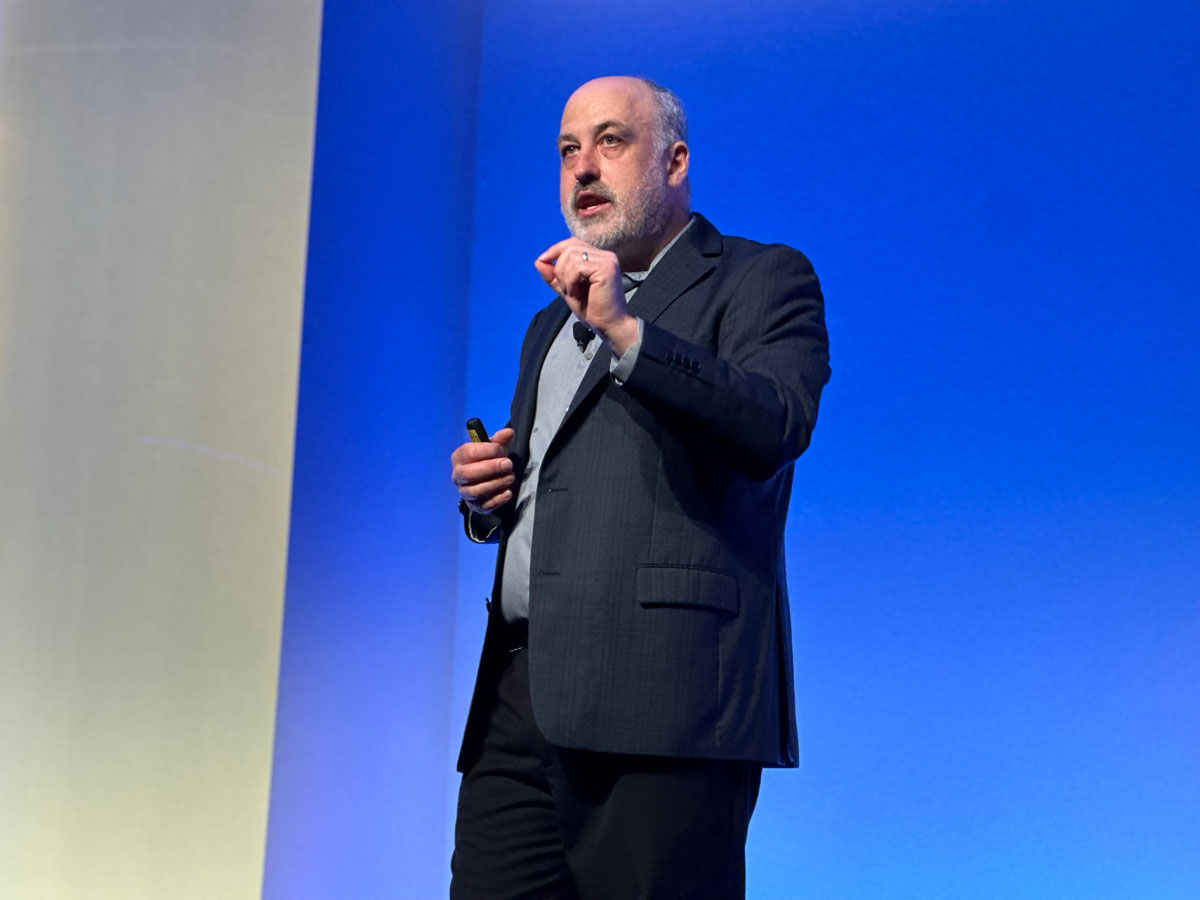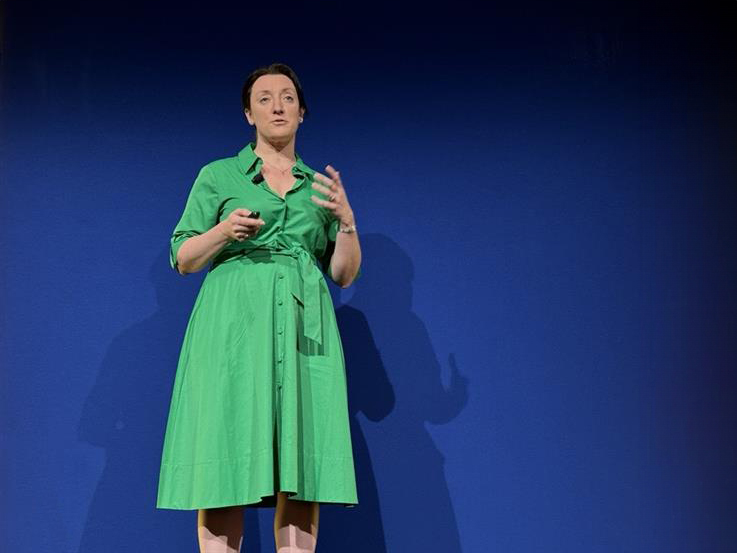With high expectations for data and analytics leaders to deliver value, it’s imperative to use collective intelligence — coordinated action and collaboration between AI and humans to solve problems — to optimize business outcomes. Gartner Distinguished VP Analyst Debra Logan and VP Analyst Ehtisham Zaidi outlined how this era of combined human and machine intelligence will create new opportunities for leaders.
3 Characteristics of a Successful Chief Data Officer















